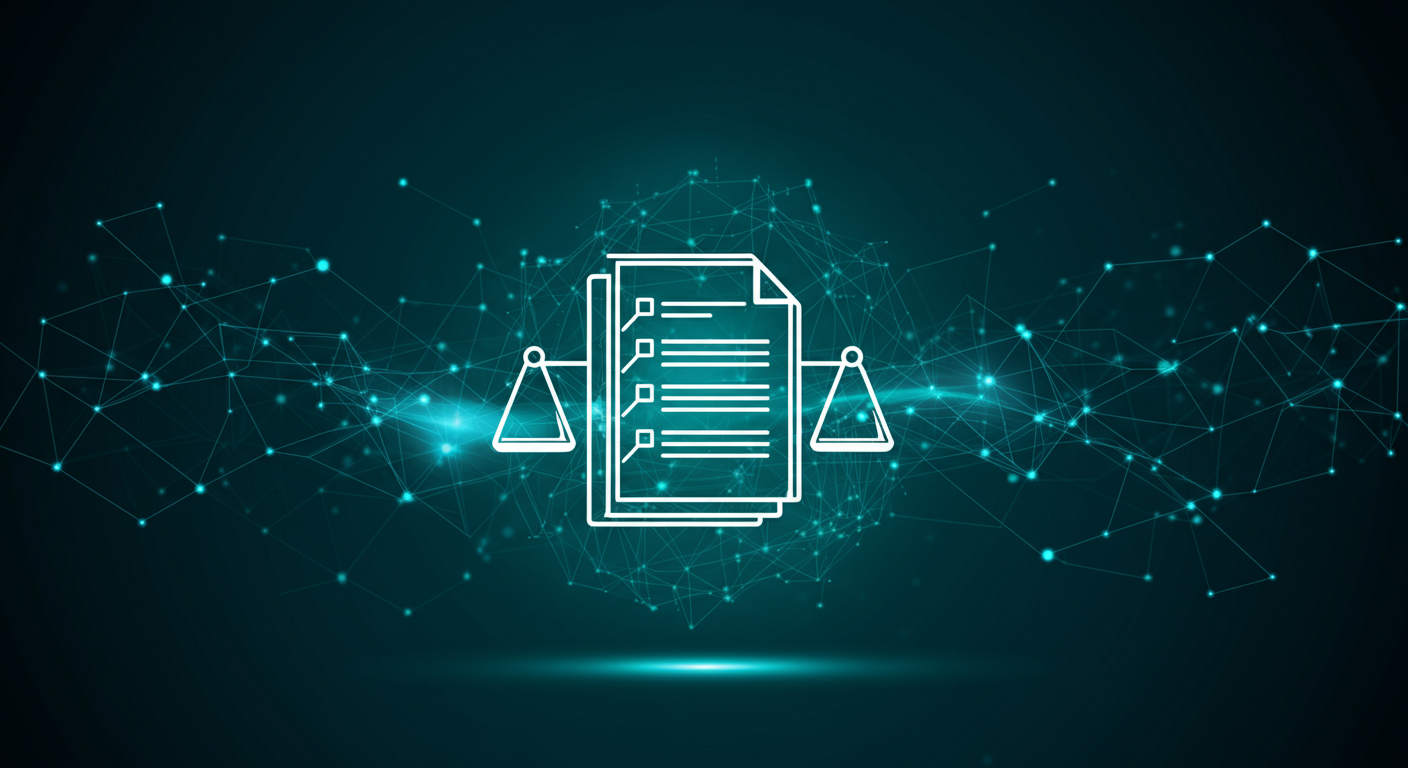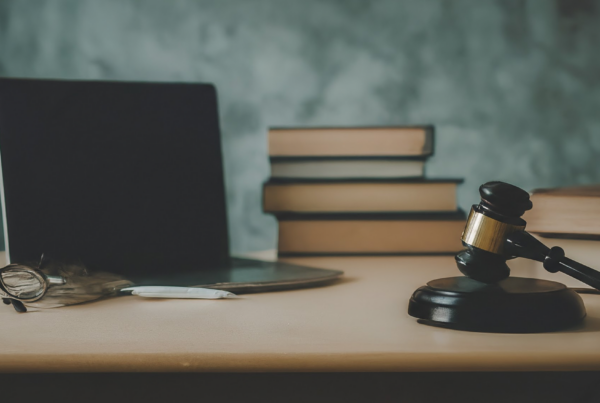In today’s fast-paced digital world, understanding the legal aspects of video programming is crucial for businesses seeking to leverage commercial video content to enhance their customer experience. Whether you’re operating a bustling restaurant, a lively bar, or a multi-location organization, video programming can significantly impact your brand’s atmosphere and customer engagement. But before diving into this dynamic medium, it’s essential to navigate the complex legal landscape that governs it.
For businesses in the hospitality and entertainment industries, such as casinos, restaurants, and bars, ensuring compliance with video programming regulations is not just a legal obligation but a strategic advantage. Proper licensing and adherence to legal standards can prevent costly disputes and penalties, safeguarding your business’s reputation and bottom line. Additionally, understanding these legalities can help you make informed decisions about the type of content that best suits your establishment, contributing to a more engaging and satisfying customer experience.
At DLM Media, we specialize in providing commercial video programming solutions tailored to your business needs. Our expert team understands the significance of high-quality content and reliable signal delivery in creating memorable customer experiences. By partnering with us, you gain access to a wealth of knowledge and resources that ensure your video programming is both impactful and legally compliant.
In this blog post, we will explore the essential legal considerations and licensing requirements for using commercial video programming in your business. From understanding copyright laws to navigating closed captioning regulations, we’ll guide you through the key elements that can help you avoid common pitfalls. Stay tuned as we delve into these topics, providing you with the insights needed to make the most of your video programming strategy.
Understanding Licensing Requirements in Video Programming
In the realm of commercial video programming, understanding and adhering to licensing requirements is paramount. Licensing not only ensures compliance with legal standards but also protects businesses from potential legal disputes and financial penalties. This section delves into the various types of licenses necessary for video programming, their importance, and the steps to acquire them.
Licensing is a critical component of the legal aspects of video programming, and it is essential for businesses to navigate this landscape with care. By understanding the different types of licenses and their applications, businesses can ensure they remain compliant with regulations set forth by governing bodies such as the Federal Communications Commission (FCC).
Types of Licenses in Video Programming
There are several types of licenses that businesses must consider when engaging in video programming. These licenses ensure that the content used is legally acquired and distributed. Here are some of the key licenses:
- Public Performance License: Required for businesses that play video content in public settings, such as restaurants and bars. This license ensures that copyright holders are compensated for the public use of their content.
- Synchronization License: Necessary when video content is combined with music. This license allows the synchronization of music with video, ensuring legal compliance.
- Reproduction License: Allows businesses to make copies of video content for distribution or internal use. This is crucial for businesses that need to distribute content across multiple locations.
Importance of Licensing Compliance
Compliance with licensing requirements is not just a legal obligation; it is a strategic necessity for businesses in the hospitality and entertainment industries. Non-compliance can lead to severe consequences, including hefty fines, legal disputes, and damage to a business’s reputation. By securing the appropriate licenses, businesses can avoid these pitfalls and focus on providing a seamless customer experience.
Moreover, adhering to licensing regulations demonstrates a commitment to ethical business practices and respect for intellectual property rights. This can enhance a company’s reputation and foster trust with customers and partners.
How to Obtain Licenses
Acquiring the necessary licenses for video programming involves several steps. Businesses should start by identifying the specific licenses required for their operations. Consulting with legal experts or licensing agencies can provide valuable guidance in this process.
Once the required licenses are identified, businesses can apply through the appropriate channels. This may involve submitting applications to licensing bodies or negotiating agreements with content providers. It is essential to keep detailed records of all licenses obtained and ensure they are renewed as needed.
For more information on licensing requirements and how to ensure compliance, businesses can refer to the FCC guidelines and industry standards. Staying informed about changes in regulations and best practices can help businesses maintain compliance and avoid potential legal issues.
Accessibility Regulations for Video Programming
In today’s digital age, ensuring that video programming is accessible to all individuals is not just a moral obligation but a legal requirement. The legal aspects of video programming include stringent accessibility regulations enforced by the Federal Communications Commission (FCC) and other regulatory bodies. These regulations mandate that video programming be accessible to individuals with disabilities, primarily through closed captioning and video description services.
Accessibility in video programming is crucial for businesses in the hospitality and entertainment industries, such as casinos, restaurants, and bars. By complying with accessibility regulations, these businesses not only adhere to legal standards but also enhance their customer experience, making their services more inclusive and appealing to a broader audience.
Closed Captioning Requirements
Closed captioning is a vital component of accessibility in video programming. It involves displaying the audio portion of a video as text on the screen, providing access to individuals who are deaf or hard of hearing. The FCC requires that all video programming shown on television in the U.S. with captions must also be captioned when distributed online. This rule ensures that individuals with hearing impairments can access content across various platforms.
The implementation of closed captioning has proven beneficial not only for compliance but also for business growth. According to the FCC, captioned videos are more likely to engage viewers, leading to increased customer satisfaction and retention. Businesses that fail to comply with these regulations may face significant penalties and damage to their reputation.
Video Description Mandates
Video description is another critical requirement for accessible video programming. It involves adding audio narration to describe key visual elements of a program, making it accessible to individuals who are blind or visually impaired. The FCC mandates that certain television programs include video descriptions, and these requirements are gradually expanding to cover more content.
Businesses that incorporate video descriptions into their programming demonstrate a commitment to inclusivity, which can enhance their brand image and customer loyalty. Moreover, providing video descriptions can open up new markets and opportunities, as it allows businesses to reach audiences that were previously inaccessible.
The Benefits of Accessibility Compliance
Complying with accessibility regulations offers numerous benefits beyond legal adherence. For instance, businesses that provide accessible video programming can tap into a larger customer base, including individuals with disabilities and their families. This inclusivity can lead to increased patronage and positive word-of-mouth marketing.
Furthermore, accessibility compliance can improve a business’s search engine visibility. Search engines often prioritize content that is accessible, leading to higher rankings and more organic traffic. By investing in accessibility, businesses can enhance their online presence and attract more customers.
For businesses seeking to navigate the complex landscape of accessibility regulations, partnering with experts like DLM Media can provide valuable guidance and support. By ensuring compliance with the legal aspects of video programming, businesses can focus on delivering exceptional customer experiences while remaining legally sound.
Legal Challenges in Video Programming
In the dynamic world of commercial video programming, businesses face numerous legal challenges that can significantly impact their operations. Understanding these challenges is crucial for businesses in the hospitality and entertainment industries, such as casinos, restaurants, and bars, to ensure compliance and avoid costly legal disputes. This section explores common legal issues, including copyright infringements and content disputes, offering practical solutions and preventive measures.
One of the most prevalent legal challenges is copyright infringement. Businesses must ensure that all video content displayed is properly licensed to avoid legal repercussions. Copyright laws protect the rights of content creators, and unauthorized use of their work can lead to severe penalties. For instance, a well-known case involved a chain of restaurants that faced lawsuits for playing copyrighted music videos without obtaining the necessary licenses. The outcome was a hefty settlement, highlighting the importance of compliance with copyright laws.
Copyright Issues in Video Programming
Copyright issues arise when businesses fail to secure the appropriate licenses for the video content they display. This can occur in various forms, such as playing music videos, movies, or television shows without permission. To mitigate these risks, businesses should conduct thorough audits of their video programming to ensure all content is licensed. Partnering with a reputable video programming provider like DLM Media can also help businesses navigate these complexities and ensure compliance.
Moreover, businesses should stay informed about changes in copyright laws and regulations. The digital landscape is constantly evolving, and staying updated can prevent inadvertent violations. Consulting with legal experts or utilizing resources from organizations such as the U.S. Copyright Office can provide valuable guidance.
Content Disputes and Their Resolutions
Content disputes often arise when there is ambiguity in licensing agreements or when multiple parties claim rights to the same content. These disputes can be time-consuming and costly, potentially disrupting business operations. To prevent such issues, businesses should ensure that all licensing agreements are clear and comprehensive, covering all potential uses of the content.
In cases where disputes do occur, mediation or arbitration can be effective methods for resolution. These approaches are generally less adversarial and more cost-effective than litigation. Additionally, businesses can benefit from establishing strong relationships with content providers, fostering open communication to address any issues proactively.
Preventive Measures and Best Practices
Preventive measures are essential for minimizing legal challenges in video programming. Businesses should implement regular training for staff on copyright compliance and the importance of adhering to licensing agreements. This proactive approach can significantly reduce the risk of violations.
Another best practice is to maintain detailed records of all licensing agreements and communications with content providers. This documentation can serve as evidence of compliance in the event of a dispute. Additionally, businesses should consider investing in legal counsel or consulting services to review their video programming practices and ensure they align with current legal standards.
By addressing these legal challenges head-on, businesses can focus on enhancing their customer experience through engaging and compliant video programming. For more insights on navigating the legal landscape of video programming, explore additional resources and expert advice available on DLM Media’s website.
Mastering Compliance: Essential Steps for Legal Success in Video Programming
As we wrap up our exploration of the legal aspects of video programming, it’s clear that compliance is not just about avoiding fines; it’s a strategic imperative for business success. From securing the necessary licenses to ensuring accessibility, understanding the legal landscape is crucial for businesses in the hospitality and entertainment industries. Let’s revisit the key elements that will help you navigate these waters with confidence.
- Licensing Is Key: Ensure you have the right licenses, such as public performance and synchronization licenses, to legally display video content.
- Accessibility Matters: Comply with closed captioning and video description mandates to make your content accessible to all, enhancing customer satisfaction and broadening your audience.
- Stay Informed: Regularly update yourself on changes in copyright laws and regulations to prevent inadvertent violations.
- Proactive Measures: Implement staff training and maintain detailed records of licensing agreements to minimize legal risks.
By integrating these practices, your business not only adheres to legal standards but also reaps the benefits of enhanced reputation and customer loyalty. The investment in compliance is a step towards sustainable growth and a more engaging customer experience.
Now is the time to take action. Review your current compliance strategies and consider partnering with experts like DLM Media for comprehensive support in mastering the legal aspects of video programming. Your proactive approach today will safeguard your business tomorrow.
For further insights, explore more content on our website and stay updated with the latest in commercial video programming solutions. We invite you to share your thoughts or questions in the comments section and join the conversation on social media using #DLMCompliance. Let’s build a community committed to excellence in video programming.





